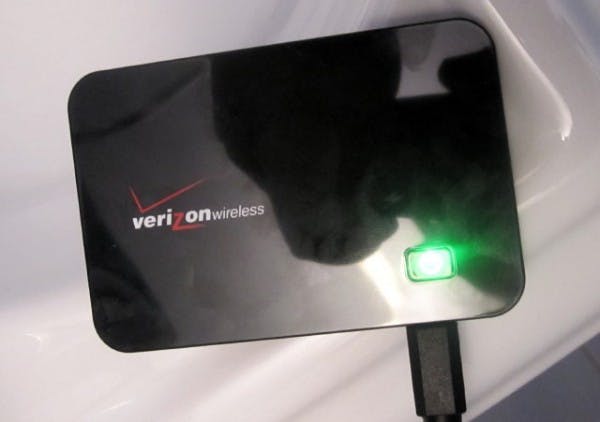Over the past two months, investors have brought Verizon Communications Inc. (NYSE:VZ) to question over the disappointing losses it posted in Q4 2012. Recording losses of $4.22 billion, the telecom bigwig widened its loss more than 100% from $2 billion a year earlier. Despite starting the year on a bearish note, investor sentiment still remains positive in light of Verizon’s growth prospects.

Although I have convictions that the growth story is overdone, more so with regard to percentages and degree of growth, I still believe that the carrier will grow moving forward. The stock has gained close to 11% since the onset of the year. The last time I penned something on Verizon (some two weeks ago), its stock had gained 17.6 % year over year. The current year over year gain (as of this writing) now stands at 21.35%. Considering how Verizon is currently positioned, this upturn may stretch out into forthcoming quarters.
Widely debated Vodafone deal
Verizon Wireless, Verizon Communications Inc. (NYSE:VZ)’s crown jewel, has been a key issue among investors. In addition to giving Verizon an edge over its close competitor AT&T, Inc. (NYSE:T), Verizon Wireless unarguably accounts for most of Verizon’s growth.
In light of the possibilities that Verizon Wireless presents to Verizon, speculation over Verizon buying out Vodafone’s 45% stake in the venture has risen. In the latest twist to this timeless buyout debate, Citigroup has upgraded Verizon on possibilities of the deal.
Citigroup, which presses for a ‘buy’, argues that the deal could be done offshore. Going by this assumption, Verizon may not hold liability for any capital gains tax, and as such, could greatly benefit from the deal.
Whether or not Verizon Communications Inc. (NYSE:VZ) follows through with the deal is a question that could best be addressed by the company’s board. Nevertheless, the focus on a possible deal shifts the attention to the instrumental role that Verizon Wireless plays.
I personally believe that, with or without a deal, Verizon Wireless gives Verizon a huge edge over its competitors. AT&T, for instance, has a smaller wireless segment as demonstrated by its smaller 4G footprint. A back on the envelope calculation actually shows that Verizon has roughly 270 more 4G networks when compared with AT&T. Figures relating to Q4 2012 pegged Verizon’s networks at 476 and AT&T’s at 200.
2013 will be a tipping point for smartphones as it will for carriers
There is no denying that 2013 will be a tipping point for smartphones. IDC contends that, for the first time ever, shipments for smartphones will outstrip feature phones. It further argues that smartphone shipments will account for two-thirds of total mobile phone shipments by 2017.
Going by this forecast, the entrant of a third force, or a third ecosystem if you may, is matter of when and not if. As it is, Apple Inc. (NASDAQ:AAPL) and Samsung currently dominate the smartphone market. Other fringe players, like Nokia Corporation (ADR) (NYSE:NOK) and BlackBerry, are aggressively pushing to get into the mainstream market.
Nokia Corporation (ADR) (NYSE:NOK), in particular, is highly aggressive. Company CEO Stephen Elop, in a recent address, even went to the extent of throwing an iPhone on live TV. While talking about the Lumia 620 in a Finnish TV interview, the CEO for a moment took out his frustrations on a hapless iPhone. This action speaks volumes of the degree to which competition has swept through the smartphone market. I am inclined to believe that this competition will see the rise of a third force in 2013 or 2014.

